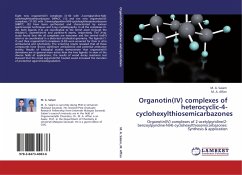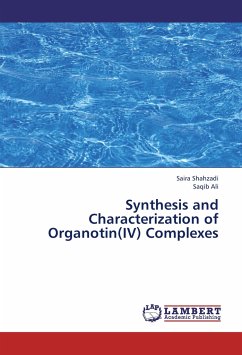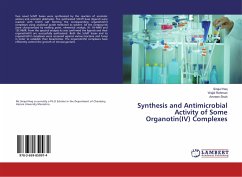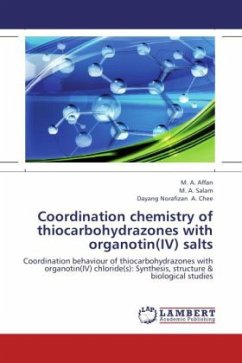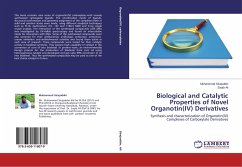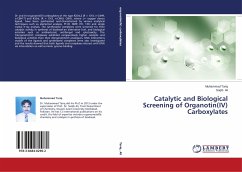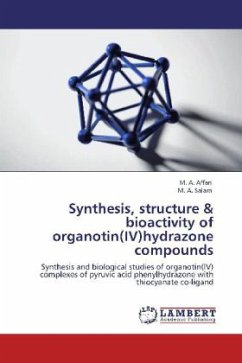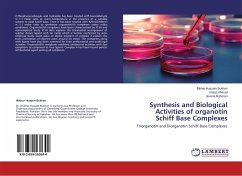Eight new organotin(IV) complexes (3-10) with 2-acetylpyridine-N(4)-cyclohexylthiosemicarbazone [HPACT, (1)] and ten new organotin(IV) complexes (11-20) with 2-benzoylpyridine-N(4)-cyclohexylthiosemicarbazone [HBPCT, (2)] have been synthesized and characterized by various spectroscopic techniques and X-ray crystallography. In all the complexes (3-20), both ligands (1-2) are coordinated to the tin(IV) atom through the thiolato-S, azomethine-N and pyridine-N atoms, respectively. The X-ray study found that the all complexes are monomer and the central tin(IV) atom is six coordinated in a distorted octahedral geometry. The ligands (1-2) and their organotin(IV) complexes (3-20) were screened for their in vitro antibacterial and cytotoxicity. The screening results revealed that all these compounds have shown significant antibacterial and potential antitumor activity. Results of biological studies demonstrate that organotin(IV) derivatives are in general more active than the free ligands. In view of the diverse fields of applications, the results of wood decay resistance test showed that the novel organotin(IV) treated wood increased the duration of protection against biodegradation.
Bitte wählen Sie Ihr Anliegen aus.
Rechnungen
Retourenschein anfordern
Bestellstatus
Storno

